Yokohama Jazz Cafes – How Jazz Came to Japan
Karina Ikedo
Posted on October 21, 2022
Share:
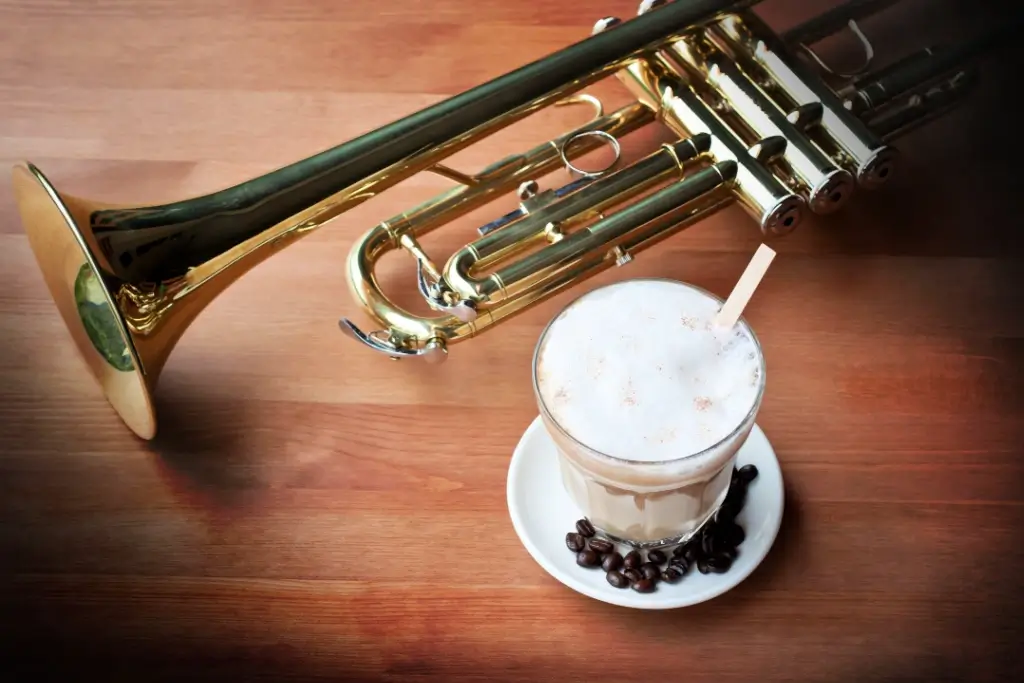
Yokohama has something for everyone, whether you’re a jazz veteran or a newbie. As the birthplace of jazz in Japan, it’s an excellent place to get a taste of this genre of music that took a foothold here and stayed. Jazz is something the people of Yokohama freely experience and enjoy. Jazz is enjoyed not only in clubs but also in concert halls, restaurants, and outdoors.
Every October, the city welcomes more than 120,000 guests for the Yokohama Jazz Promenade, one of the biggest festivals in Yokohama. Luckily, if you’re jazz-curious, you don’t have to wait long since jazz cafes and bars are dispersed around the city. Keep reading to discover how jazz came to Japan and the best jazz cafes Yokohama offers!
How Jazz Came to Japan
As a port town, Yokohama has always been one of the first to embrace foreign cultures. Since the Taisho Period, jazz performances have been held throughout the city. Approximately 70 years ago, when American soldiers arrived in Yokohama City at the end of World War II, they began integrating jazz into their daily lives.
For Yokohama, where residents were struggling in the aftermath of the war, jazz music introduced by Americans was a symbol of freedom and the subject of admiration. Terumasa Hino, Sadao Watanabe, and Toshiko Akiyoshi, later jazz music pioneers from Yokohama, were among the young people who saw these jazz performances in Yokohama.
Jazz spread like wildfire across the city as it gradually recovered from the war and blossomed, energizing locals and becoming essential to their everyday lives, much like it had in America. Yokohama residents have long been inspired by jazz music, possibly the best background music for the area. As a result, the jazz people hear in this port city is somewhat unusual. The music is informal yet resonates in the hearts of listeners.
Jazz Café Chigusa
Ocean liners would transport travelers and ship bands worldwide through Japan’s maritime gateway. The bars and cafes were where traveling musicians would go to drink, dance, and make music. The local appetite for that new ”hot jazz” sound was insatiable, and its popularity spread rapidly. Jazz cafes and bars sprung across the city, playing the latest discs imported from America. Places, such as the legendary Jazz Cafe Chigusa.
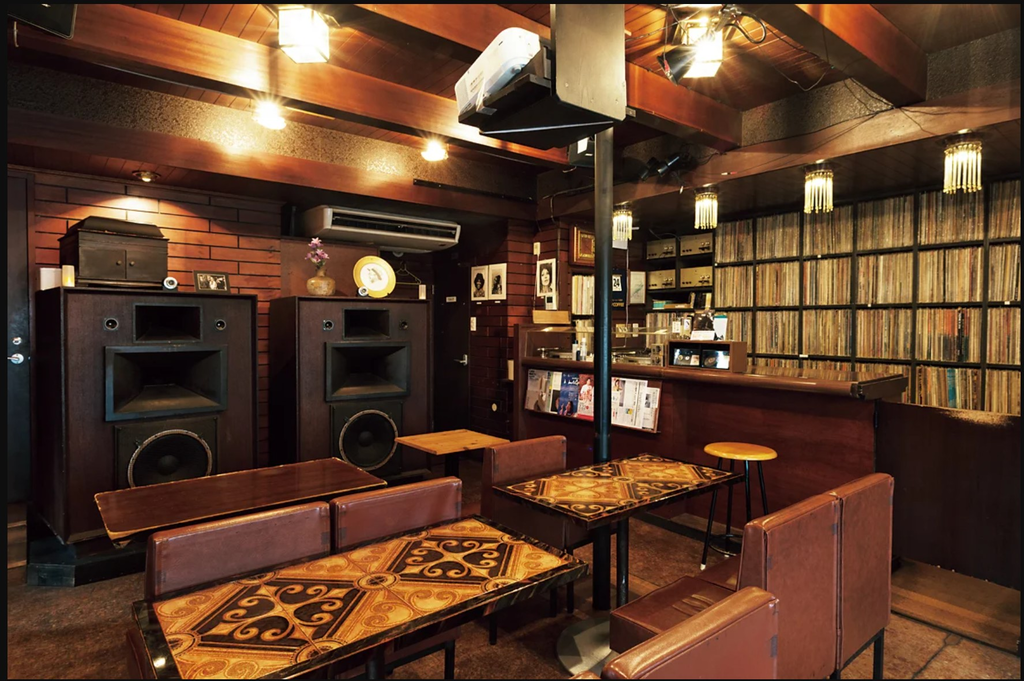
When Jazz Cafe Chigusa opened in 1933, several of Japan’s most well-known jazz musicians were. These musicians, including Terumasa Hino, Sadao Watanabe, and Toshiko Akiyoshi, would hear the newest American recordings and have the opportunity to play along with the records and develop their take on the music form inspired by the great jazz innovators.
Listening to artists like Bix Beiderbecke, Art Tatum, Louis Armstrong, Coleman Hawkings, Ella Fitzgerald, Duke Ellington, Bud Powell, Charlie Parker, Bill Evans, and Miles Davis, jazz fans would squeeze onto stools between walls packed with enormous speakers and extensive vinyl collections.
Note: The club is currently closed until 2023 for renovations.
Downbeat
One of the better jazz venues is the first one you encounter after you exit Sakuragicho Station. Downbeat, a historic cafe that opened its doors in 1956 is only advised for passionate music lovers because the music playing there is frequently too loud to carry on a conversation. There are approximately 30 seats available in the main section of the cafe, and there are an additional eight at the slightly quieter counter.
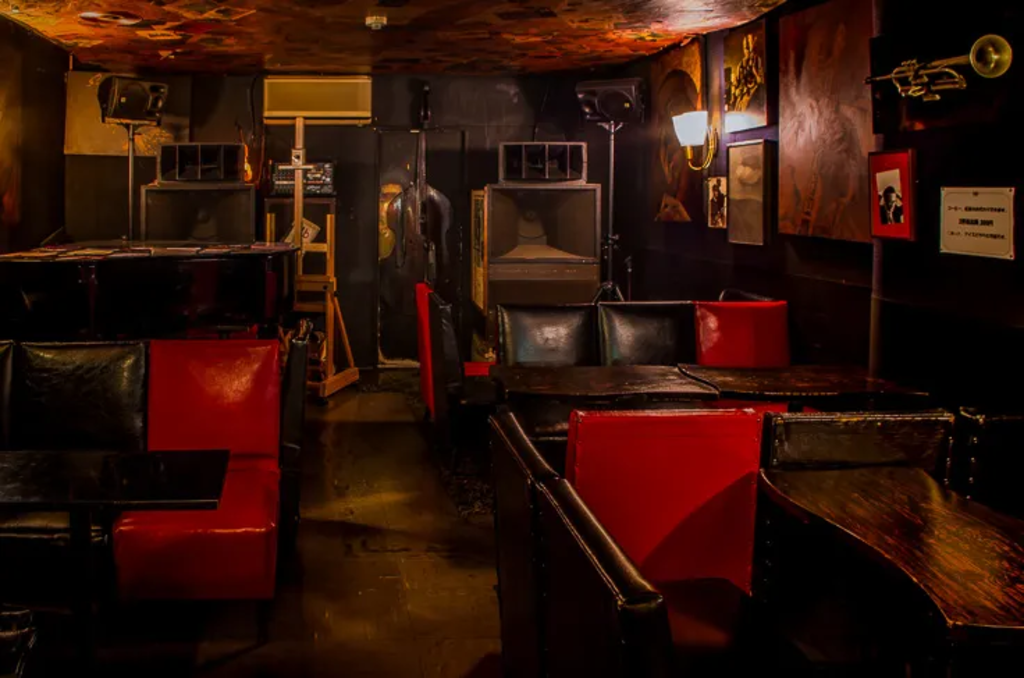
Low lighting, vintage signs, pictures, and newspaper clippings taped to the deteriorating walls create a wonderful vintage ambiance. The music choices are diverse; every 17th of every month is John Coltrane Day. The menu offers popular Japanese drinks, coffee, tea, simple dishes, and a wide selection of alcoholic beverages.
Windjammer
Japan’s oldest jazz bar is tucked between Yokohama Chinatown and Yokohama Stadium. When you go through the doors, you’ll know you’re in the right place because the inside resembles the interior of a vintage ship, which is where the name Windjammer comes from.
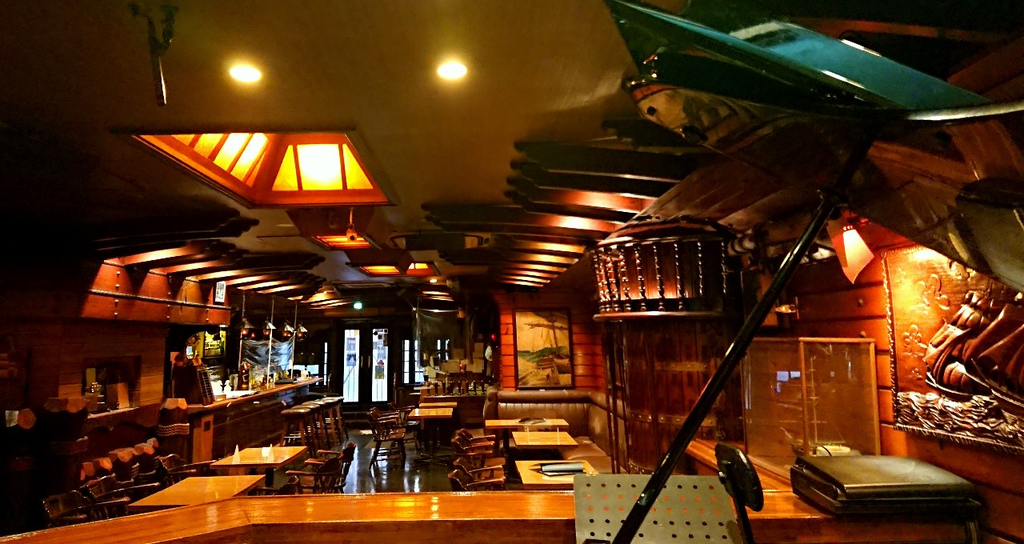
A windjammer was a colossal merchant sailing ship in the 19th and 20th centuries. The Windjammer has been a fixture in the live music scene since 1972, and its host band performs live every night. It’s a terrific place to start because it’s been a part of the jazz scene for so long, not to mention that it’s equally well-known for its food and beverages as it is for its incredible music selection.
Motion Blue Yokohama
Motion Blue Yokohama began in 2002 with the idea of fusing food with music. It’s in the popular tourist destination Yokohama Red Brick Warehouse. Its elegant interior and fine cuisine entice sophisticated visitors with a sense of style and great music. The Blue Note in Tokyo is connected to this historic establishment.
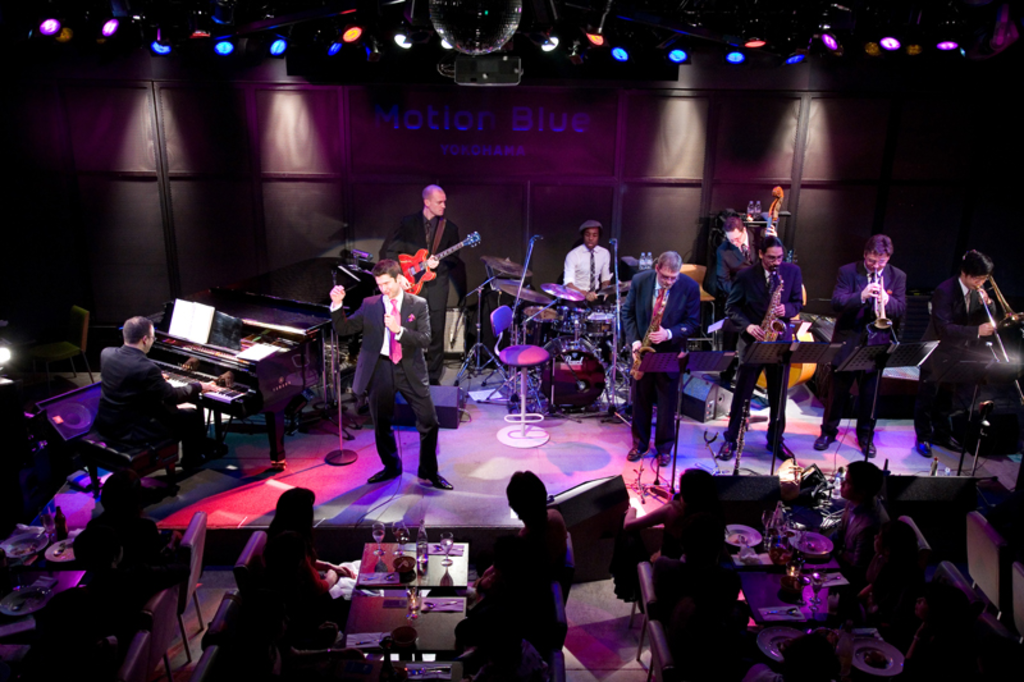
Looking to enjoy a taste of Japan without leaving your home? Check out Sakuraco! Sakuraco delivers traditional Japanese snacks, teas, sweets, and snacks from local Japanese makers directly to your door so you can enjoy the latest treats directly from Japan!
BarBarBar
Given its name, it is obvious what kind of location this is. It’s somewhat misleading because it’s not “simply” a bar. This jazz bar was established in 1984 and is only a four-minute walk from Kannai Station.
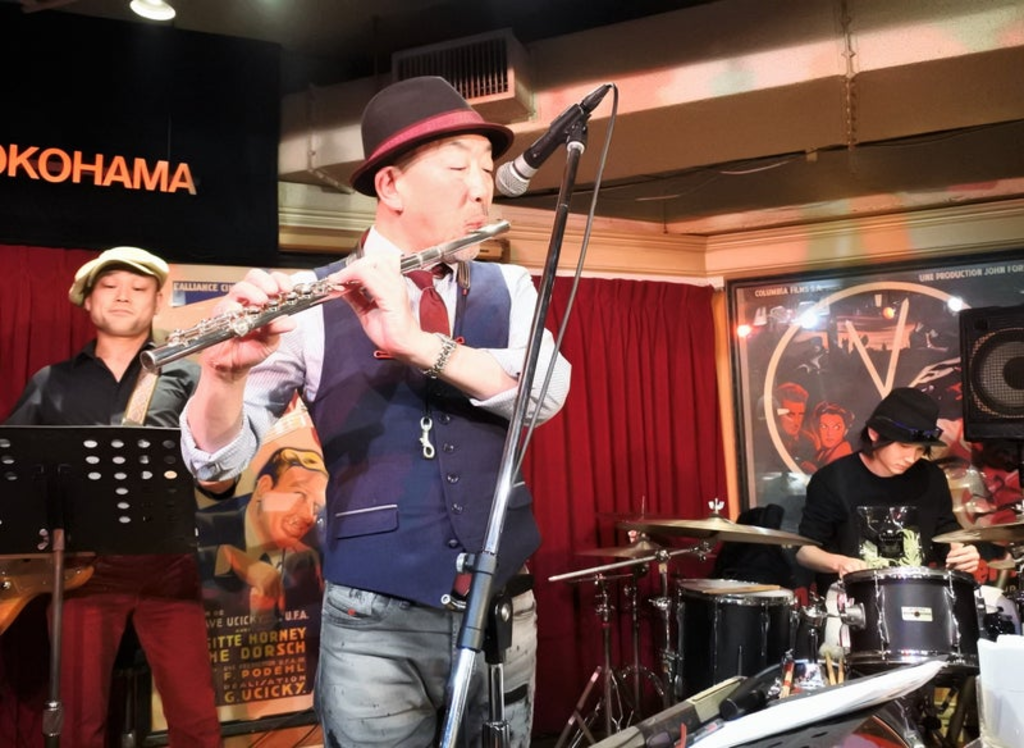
It has two floors: a first floor with a bar and a second floor with a restaurant and stage where guests may eat while enjoying live music. It’s best to make reservations for popular shows because bands from far away travel to play here. Jazz fans will love this location for the jazz and the Yokohama shotengai (commercial district) ambiance.
Minton House
A small and cozy cafe with an intimate atmosphere, Minton House is conveniently located near Ishikawacho Station. Opened in 1975, this cafe does not have live music, but it has enormous speakers to make up for it.
You’re guaranteed to hear any favorite jazz songs here because the owner’s record collection may be the largest in the city. It’s the perfect location for anyone who likes that retro feeling. Many fans still consider it the best jazz bar in Yokohama.
Jazz Spot Dolphy
This venue, which opened in 1980, can accommodate about 50 guests. The café offers a busy live schedule that includes everything from vocal jazz to free experimental jazz. Its outstanding acoustics and welcoming environment receive praise from locals and visiting musicians.
Some regulars include Saxophonist Sakata Akira, guitarist Akiyama Kazumasa, pianist Itabashi Fumio, and singer Nakamoto Mari. On the fourth Monday of each month, there are even jam sessions. Food and a vast drinks menu are perfect for nighthawks who enjoy the bar’s late closing time.
Kamome
This brand-new addition to the neighborhood’s jazz scene is on the opposite side of the tracks. It’s next to the Yokohama baseball stadium and differs from competitors in many ways. Its spacious, well-designed space looks more like an ordinary bar/restaurant.
The food is much better here than elsewhere, and the drinks menu includes wine. As a result, the clientele is not only jazz enthusiasts. The available music is more diverse, featuring various forms of jazz, fusion, funk, and bossa nova. They have live music every night, and the cover charge averages 3,000 yen.
Yoidore Hakushaku
This basement pub offers plenty of styles, with sofas, oversized mirrors, and soft lighting. Its name translates to “The Drunken Count.” Since vocal jazz is the only genre available, it stands apart from other local venues. In addition, it offers a more mellow, more laid-back atmosphere. They feature three live music sets between 19.30 and 23.10 every day. The usual entrance fee is about 3,000 yen, and food is available. Do you have a favorite jazz cafe in Yokohama that you would like to visit? Let us know in the comments below!
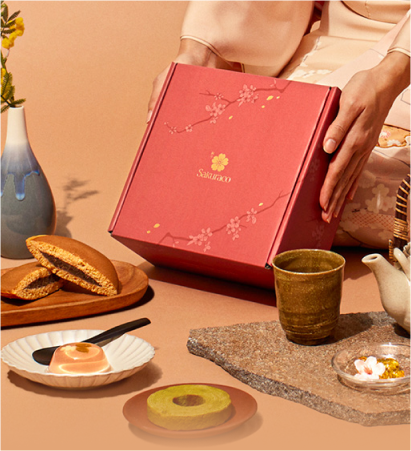
Discover authentic flavors with Sakuraco
Get Sakuraco 

Discover authentic flavors with Sakuraco
Get Sakuraco 
Related Articles
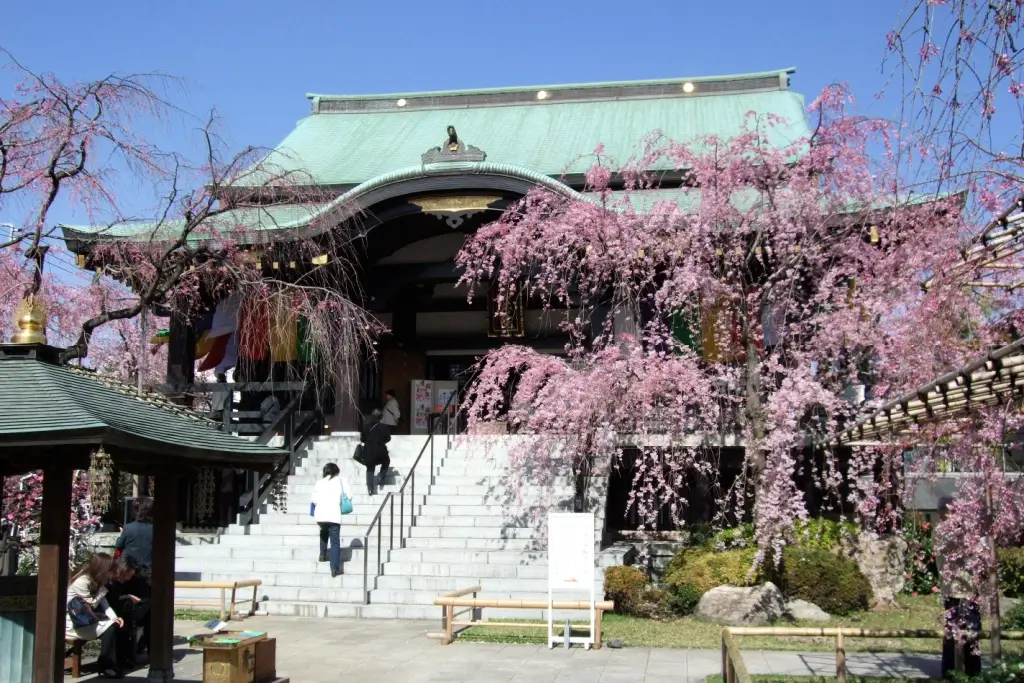
Japanese Castles and More Wonderful Sights in Itabashi!
Japanese castles are reminders of Japan’s history and beautiful examples of the country’s architecture. Let’s check out Itabashi, which is home to some castle ruins.
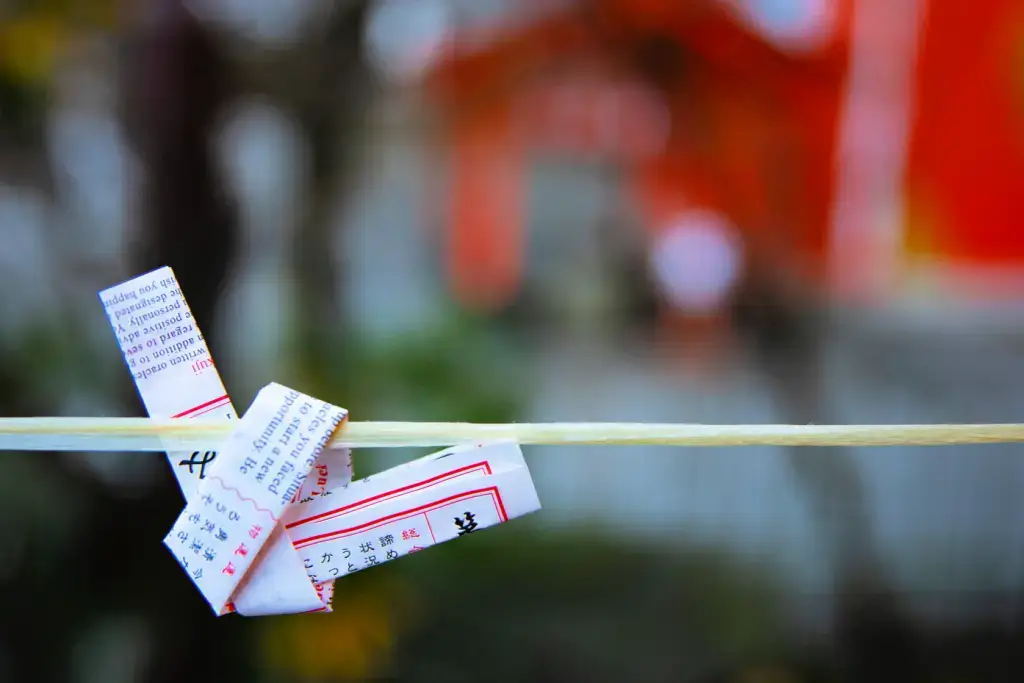
Omikuji: The New Year’s Fortune
Omikuji, which means “sacred lot”, is a popular and traditional way to learn about your fortune in Japan. You can find it at Shinto shrines and Buddhist temples nationwide.
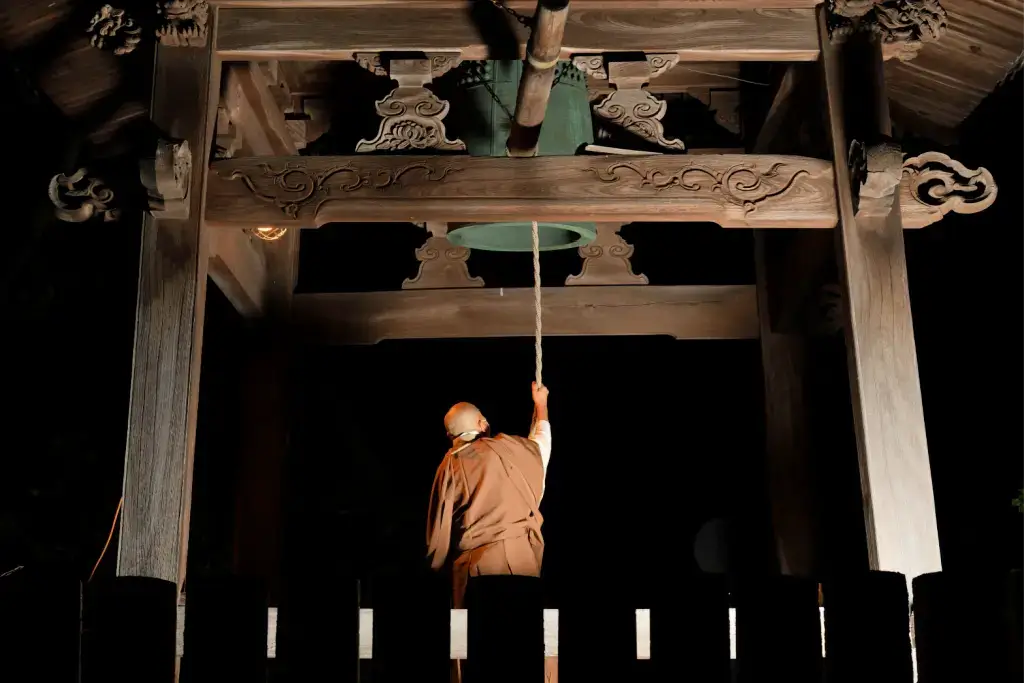
Ring in the New Year: The History of Joya no Kane
Joya no Kane is an important ritual during Japan’s annual Omisoka (New Year’s Eve) celebrations. Japan has practiced this ancient tradition for centuries, carrying a profound Buddhist philosophy.
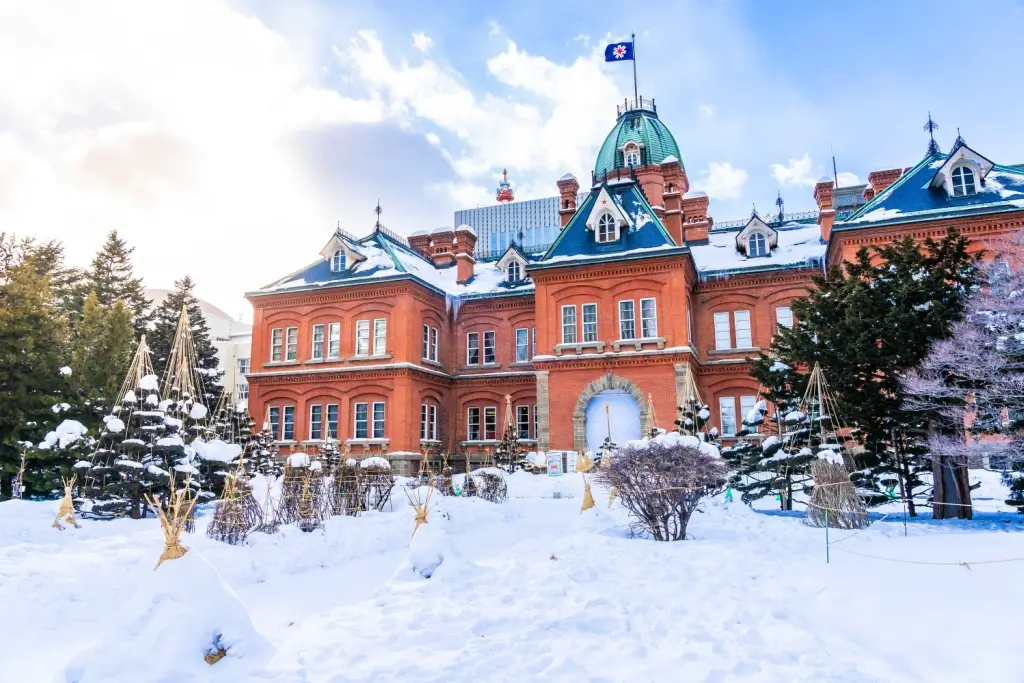
Hokkaido Island: The Best Place for the Winter Holidays!
Hokkaido is the northernmost island of Japan and the most significant island after Honshu. It is surrounded by the Sea of Japan, Okhotsk, and the Pacific Ocean. It is particularly busy during winter. Being so far north and surrounded by water, snowfall is guaranteed yearly.



